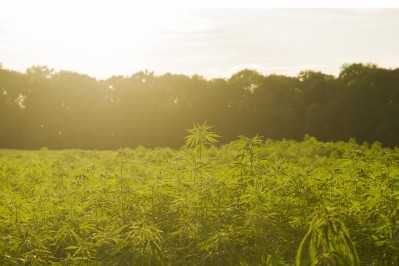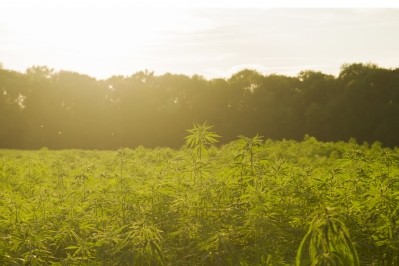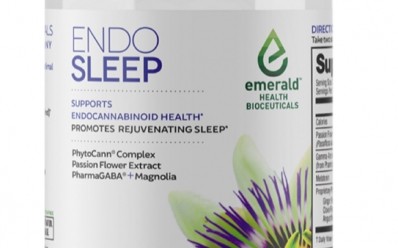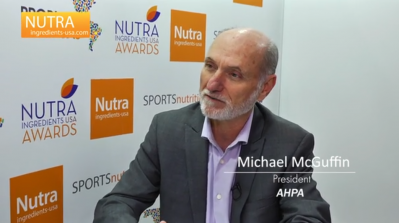NOTES FROM SUPPLYSIDE WEST 2018
NPA CEO on CBD: ‘Folks need to take the front door with FDA’
Speaking with NutraIngredients-USA at the recent SupplySide West show in Las Vegas, Dr Dan Fabricant, NPA’s president and CEO told us that FDA’s stance on CBD is clear: “CBD was developed as a drug first; the IND was there before it was marketed as a dietary ingredient or dietary supplement.
“I think people can say that hemp has been in the diet but the parts of hemp that contain CBD haven’t been in the diet traditionally, or at least not lawfully,” he said.
“Folks need to take the front door with FDA. That’s really the issue – why wouldn’t you take the front door? I think people have safety studies, and I don’t think acute toxicity is the principal issue, but you’re dealing with something that works on the CNS and you should have something that speaks to whether it’s habit forming, and what’s the worst case scenario?”
On whether there is sufficient science to substantiate some of the claims made on the market, Dr Fabricant noted that NPA had brought this issue to the FTC, but he thinks that FTC sees this more as an FDA issue.
While products are careful around claims being made on label, Dr Fabricant expressed concern around some of the claims he has seen on social media regarding CBD. “Pretty much all the talk on CBD has been for disease states. I rarely hear people talk about it for “occasional sleeplessness” or “occasional anxiety”.”
The IND issue
Going back to the exclusion clause – that a compound that is subject to an IND (investigational new drug) authorization cannot be used in dietary supplement products – this is often quoted by FDA as one of the main sticking points.
“My understanding is that part [the exclusion clause] of DSHEA was primarily put there for the IP holder. That would be for someone like GW Pharma, if they wanted to make a supplement. That would be their path and they could petition the secretary, and given that they have the IP and the safety data they could pursue that. But somebody else, I don’t know that it would be that easy,” he said.
Dr Fabricant also referenced the Pharmanex case and the implications this has for CBD [for more information on this, please read this law blog from Kleinfeld, Kaplan & Becker, LLP]. “I think that’s really the precedent here,” he said.
So what is NPA saying to its many retailer members who may be enjoying increased business from the sale of CBD products? “We know it’s a hot market right now, but you have to play the long game,” he said. “To any retailer, we tell them to go to the manufacturer or distributor and ask them, do you have an NDI, a GRAS notice – a real GRAS notice that is consistent with the dose and the product? You wouldn’t do this for a sweetener.”
“The interesting piece here is the states […] You have so many states where you have legalization, and they want to collect their tax money. Nobody on the local level is enforcing that.”
Dr Fabricant finished by saying that currently people are benefiting from a grey area. However, there will be a Federal solution and he thinks that will be legal recreational products and legal medicinal products. In that scenario, where does that leave “healthy and natural” products?

















